An industrial hydraulic motor is a device that converts hydraulic energy into mechanical rotational motion, commonly used in applications that require high torque and low rotational speed. Hydraulic motors, as core components of hydraulic transmission systems, are widely used in heavy machinery, agricultural equipment, mining machinery, and port devices. They work by converting the flow pressure of hydraulic oil into mechanical energy, providing high torque, strong stability, and broad adaptability, significantly enhancing equipment efficiency.
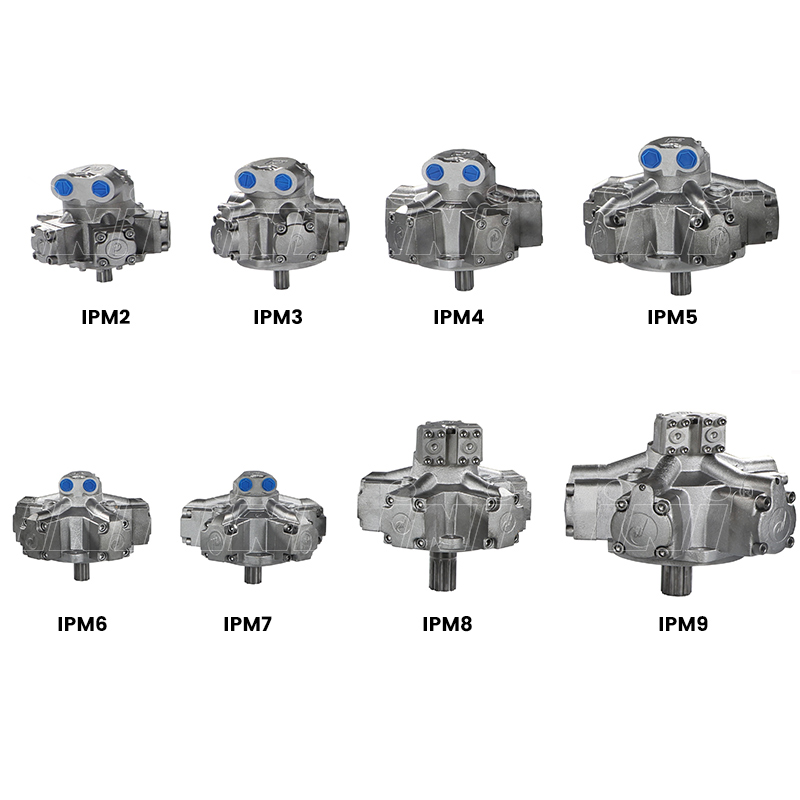
Working Principle of Industrial Hydraulic Motors
The basic working principle of a hydraulic motor is to use the pressure of hydraulic oil to drive the internal components (such as blades, gears, pistons, etc.) of the motor, which then generates rotational motion. In a hydraulic system, the motor works in tandem with a hydraulic pump. When hydraulic oil is pumped into the motor, the pressure forces the internal components to rotate, converting hydraulic energy into mechanical energy.
There are various types of hydraulic motors, including gear motors, vane motors, and piston motors. These motors have different working methods and characteristics, suited for different industrial needs. For example, gear motors are ideal for applications requiring high starting torque, vane motors are more suited to moderate loads, and piston motors are typically used for high-load, high-efficiency applications.
How Do Industrial Hydraulic Motors Improve Equipment Efficiency?
Industrial hydraulic motors enhance equipment efficiency in several ways:
1. Efficient Power Conversion
One of the main advantages of hydraulic motors is their ability to provide high torque output at low speeds. This feature is crucial in applications that require high starting torque, such as heavy machinery, lifting equipment, and mining devices. Hydraulic motors are designed to operate efficiently under large loads, reducing energy consumption.
In comparison, traditional electric motors often require higher currents to generate sufficient torque at low speeds, which not only consumes more electricity but also increases wear and tear on the equipment. Hydraulic motors, on the other hand, can operate efficiently at lower speeds by adjusting the pressure in the hydraulic system to achieve effective power transfer, making them more energy-efficient, especially in applications where high torque output and low speed variations are needed.
2. Precise Control
The performance of hydraulic motors directly depends on the flow rate and pressure of the hydraulic oil, both of which can be precisely controlled. Modern hydraulic systems employ advanced control technologies that adjust the hydraulic pump’s output flow, pressure, and direction, enabling precise control of the motor’s speed and torque output. This high-precision control capability allows hydraulic motors to perform efficiently in many complex industrial processes.
For example, in automated production lines where precise speed adjustment is needed, hydraulic motors can automatically adjust their output according to different working conditions, ensuring the machinery operates at its optimal working state and reducing energy waste.
3. Improved Durability
The design of industrial hydraulic motors gives them strong durability and resistance to high pressure. Since there are no direct friction parts inside the motor, wear is reduced during operation, and the lifespan of the motor is extended. Moreover, hydraulic motors can operate steadily under higher loads, reducing downtime caused by overloading.
For heavy-duty machinery that operates for long periods, the durability of hydraulic motors means fewer maintenance needs and a longer service life. Reduced failure rates and longer maintenance intervals significantly cut down on production downtime and maintenance costs, enhancing overall equipment productivity.
4. Energy Recovery and Reuse
Another advantage of hydraulic motors is their ability to recover energy in certain hydraulic systems. In industrial processes, hydraulic systems generate waste energy (such as kinetic and thermal energy), which can be recovered and reused to improve system efficiency. As part of the hydraulic system, hydraulic motors can recover residual hydraulic energy during operation and convert it into other forms of power, reducing energy waste.
For instance, in lifting and lowering processes, energy recovery systems can capture the kinetic energy from the downward movement and use it to generate hydraulic pressure for the upward movement, thus reducing energy consumption.
5. Strong Adaptability
Industrial hydraulic motors are highly adaptable and can operate reliably in various harsh working environments. Whether in high temperatures, low temperatures, humid conditions, or in environments with dust or corrosive substances, hydraulic motors maintain stable performance. This makes hydraulic motors ideal for many industries, such as mining, oil drilling, and offshore platforms.
The environmental durability of hydraulic motors not only improves reliability in harsh conditions but also reduces performance degradation due to environmental changes, thus improving overall equipment efficiency.
Applications of Industrial Hydraulic Motors
Hydraulic motors are widely used in a variety of industrial equipment. Here are some typical application scenarios:
-
Construction Machinery
Hydraulic motors are used in excavators, cranes, and other heavy equipment, where they provide powerful starting torque and stable power output to ensure high-efficiency operation under heavy loads. -
Agricultural Equipment
Hydraulic motors are found in agricultural machinery such as seeders and harvesters, which require high torque and low-speed operation. -
Mining Machinery
In mining machinery, such as tractors, conveyors, and crushers, hydraulic motors are ideal due to their ability to operate under extreme conditions and provide consistent power. -
Marine and Offshore Platforms
Hydraulic motors are widely used in lifting equipment for ships and drilling equipment on offshore platforms, providing reliable power in harsh marine environments.
Industrial hydraulic motors are indispensable power devices in modern industry. Through efficient power conversion, precise control capabilities, strong durability, energy recovery, and adaptability, they significantly improve the operational efficiency of various industrial machines. As hydraulic technology continues to evolve, the application of hydraulic motors will expand even further, becoming a vital tool in enhancing productivity, reducing energy consumption, and extending the lifespan of equipment.
| Feature | Advantages | Application Scenarios |
|---|---|---|
| High Torque Output | Ideal for high-load, low-speed applications | Heavy machinery, mining equipment |
| Precise Control | Can automatically adjust speed and torque based on conditions | Automated production lines, precision equipment |
| High Durability | Suitable for harsh environments, extends equipment lifespan | Port equipment, marine devices |
| Energy Recovery | Reduces energy consumption, improves system efficiency | Energy recovery devices, high-efficiency hydraulic systems |
| Strong Adaptability | Operates reliably in high, low, and humid temperatures | Agricultural machinery, mining machinery, offshore platform equipment |

 ENG
ENG
 English
English русский
русский Español
Español
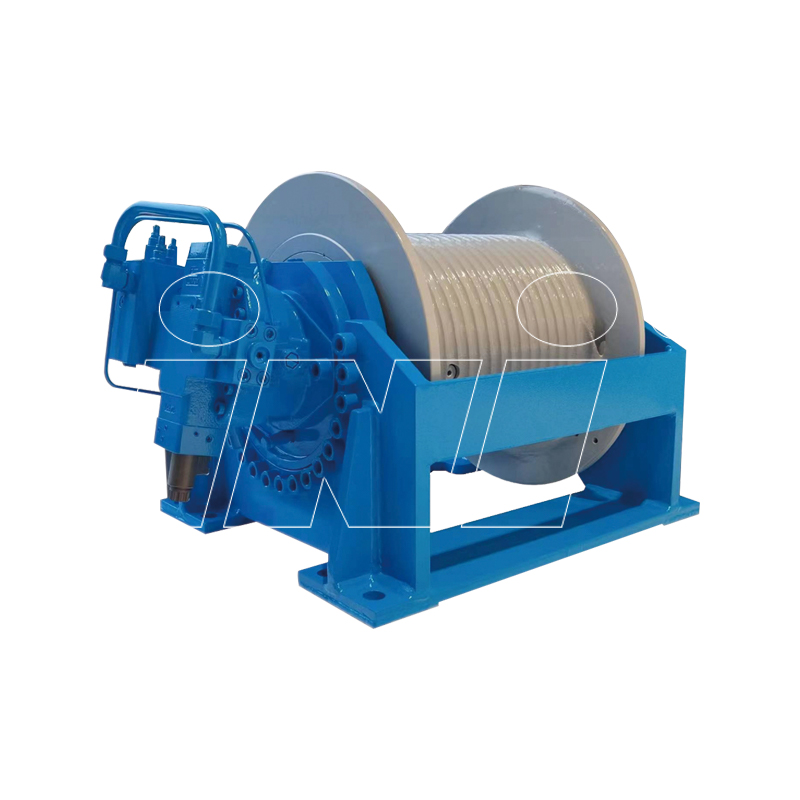
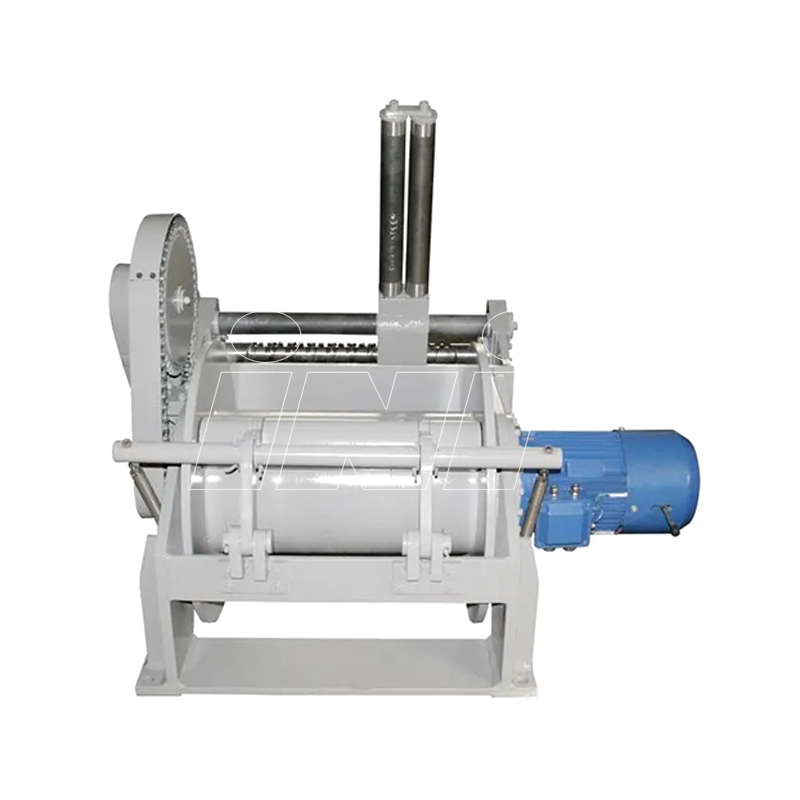
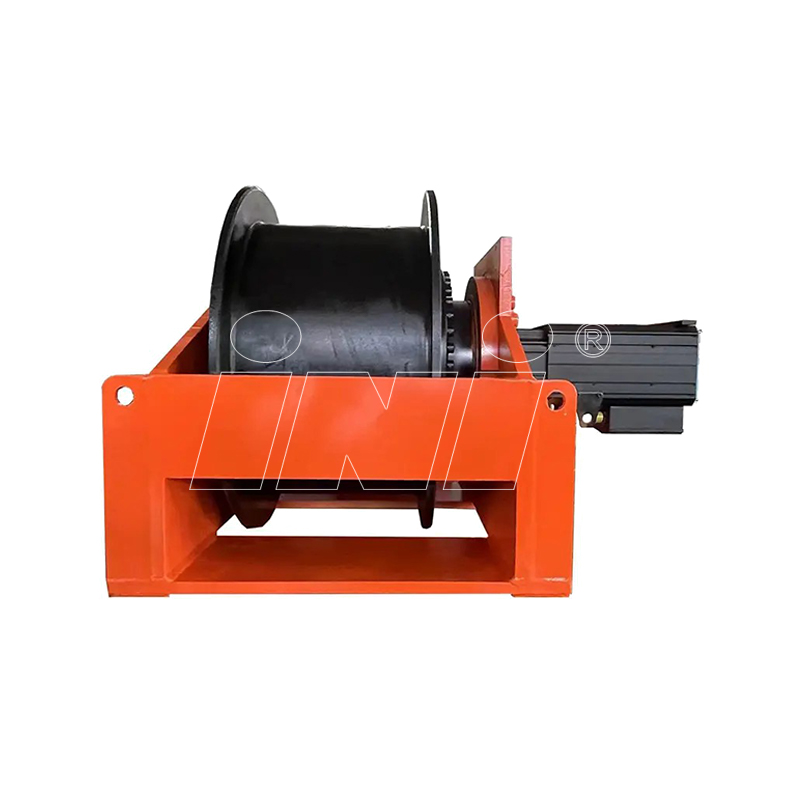

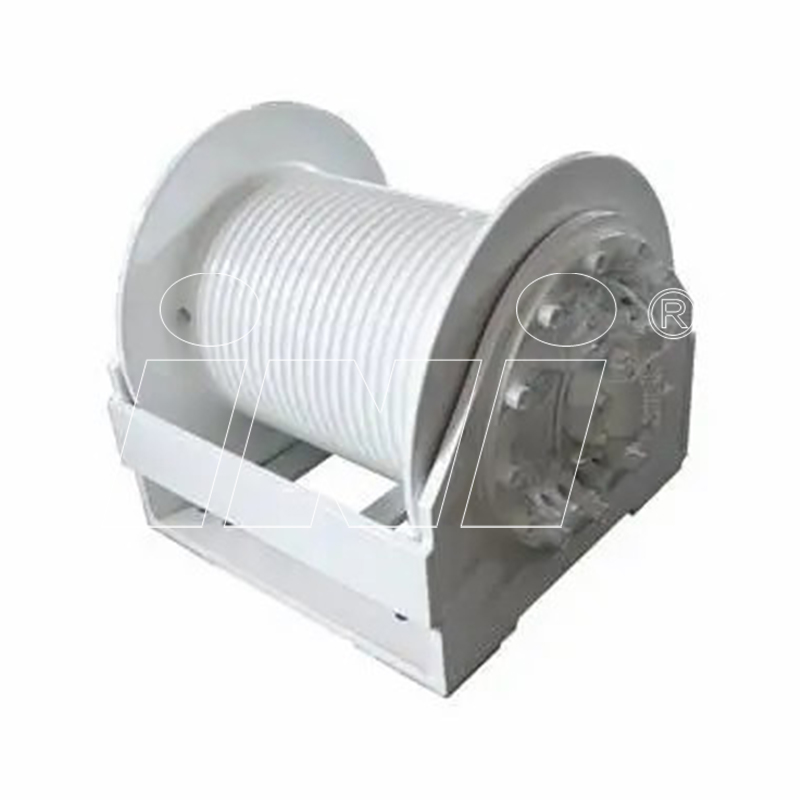
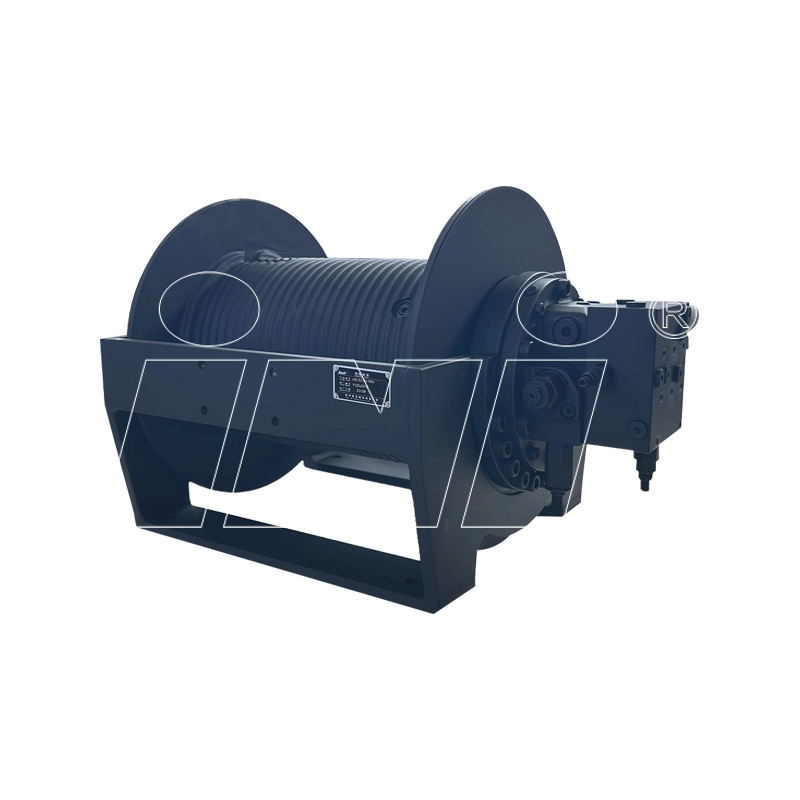
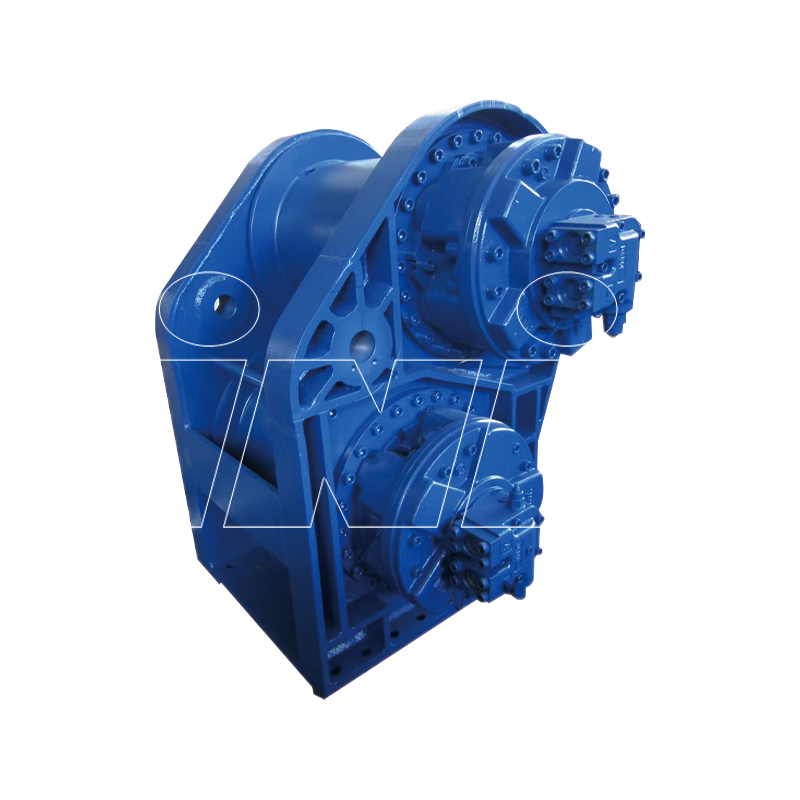

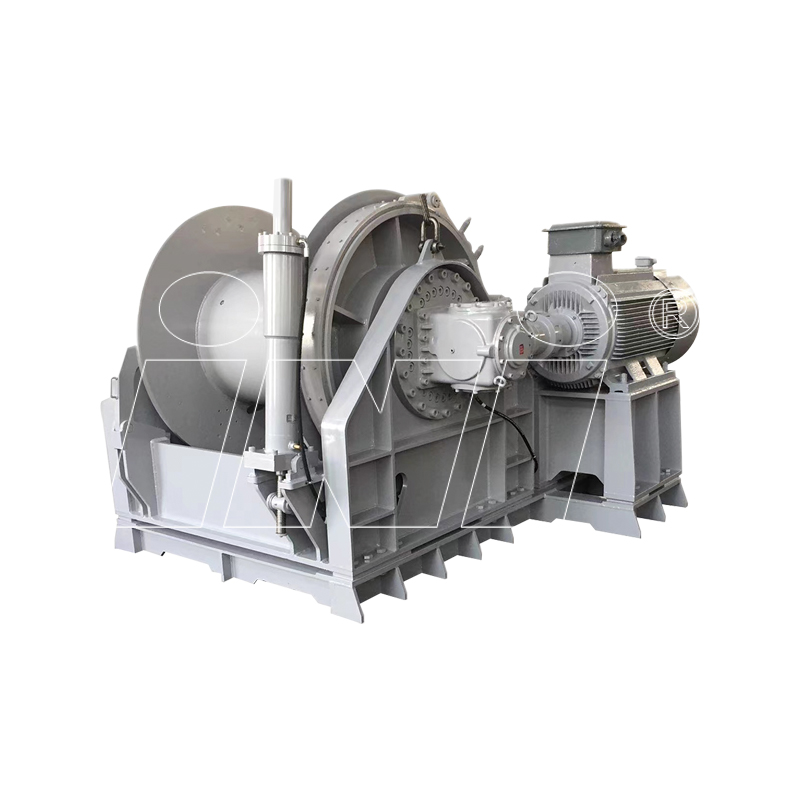

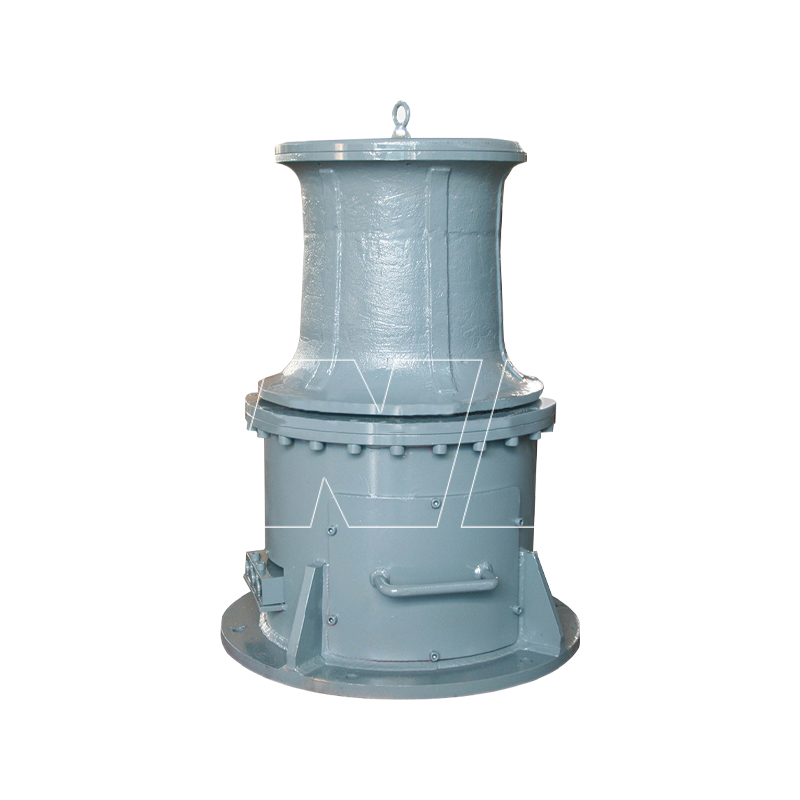



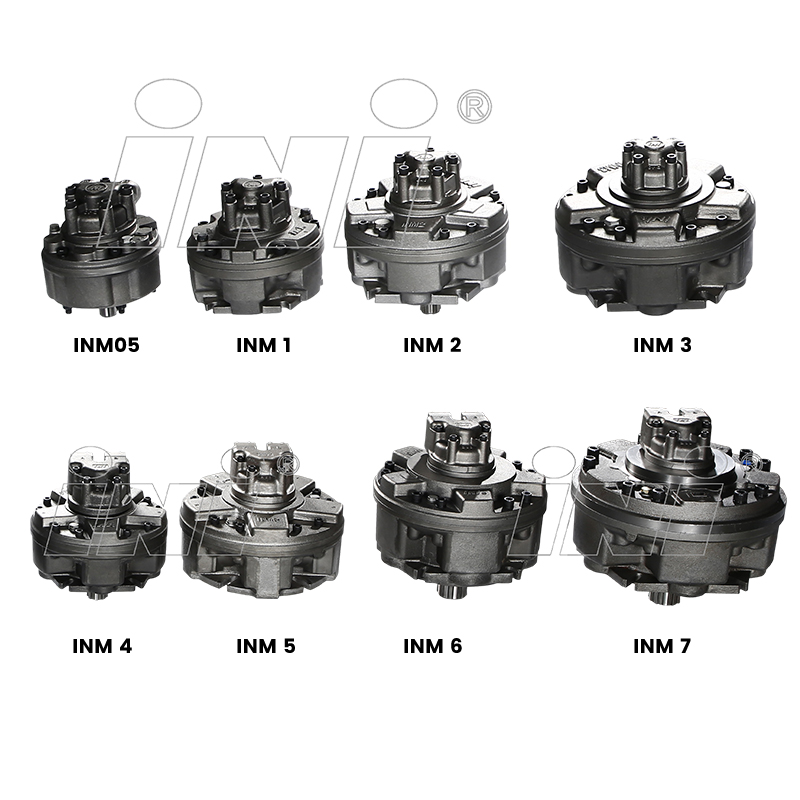

 English
English русский
русский Español
Español
 TOP
TOP